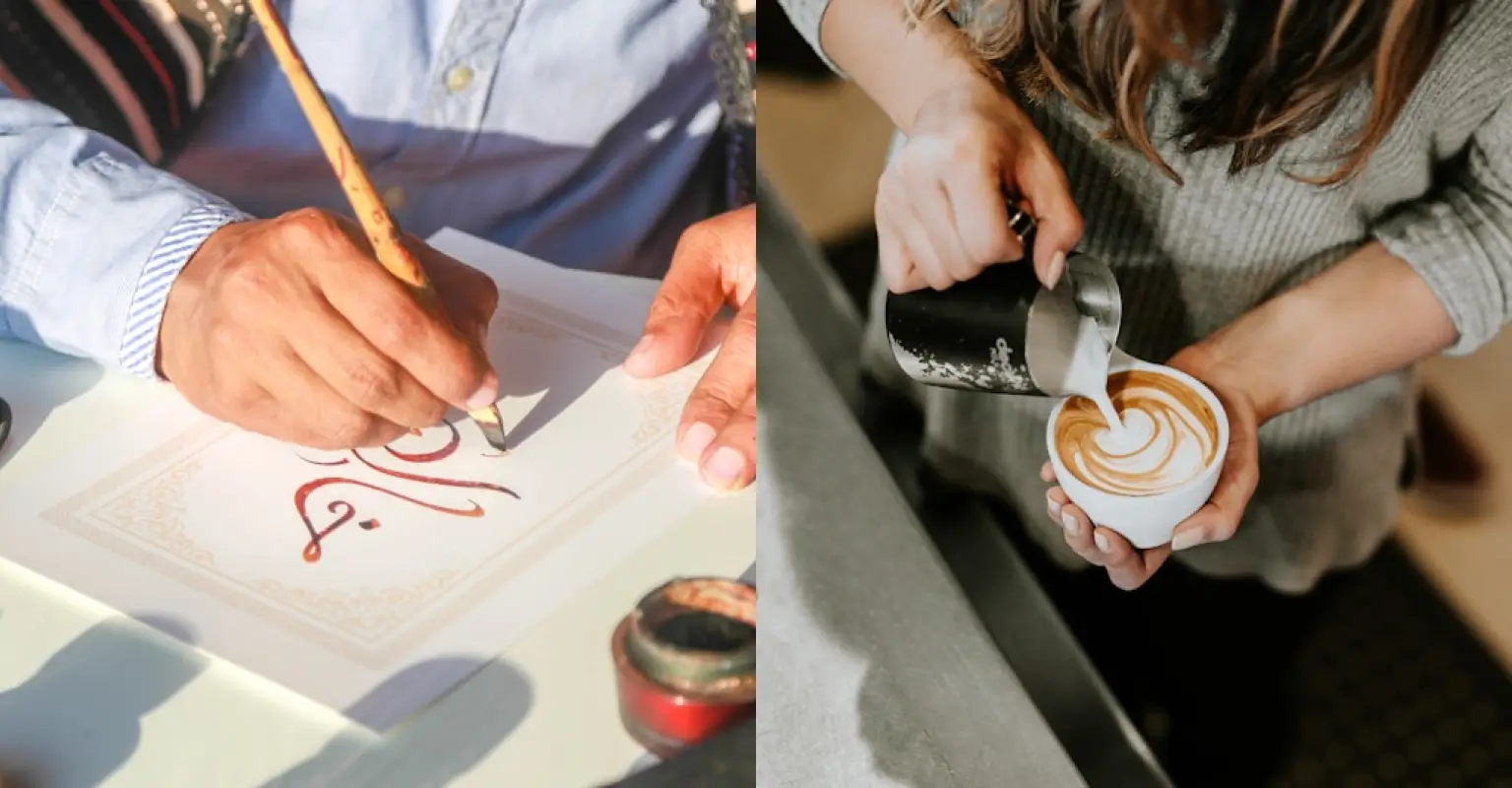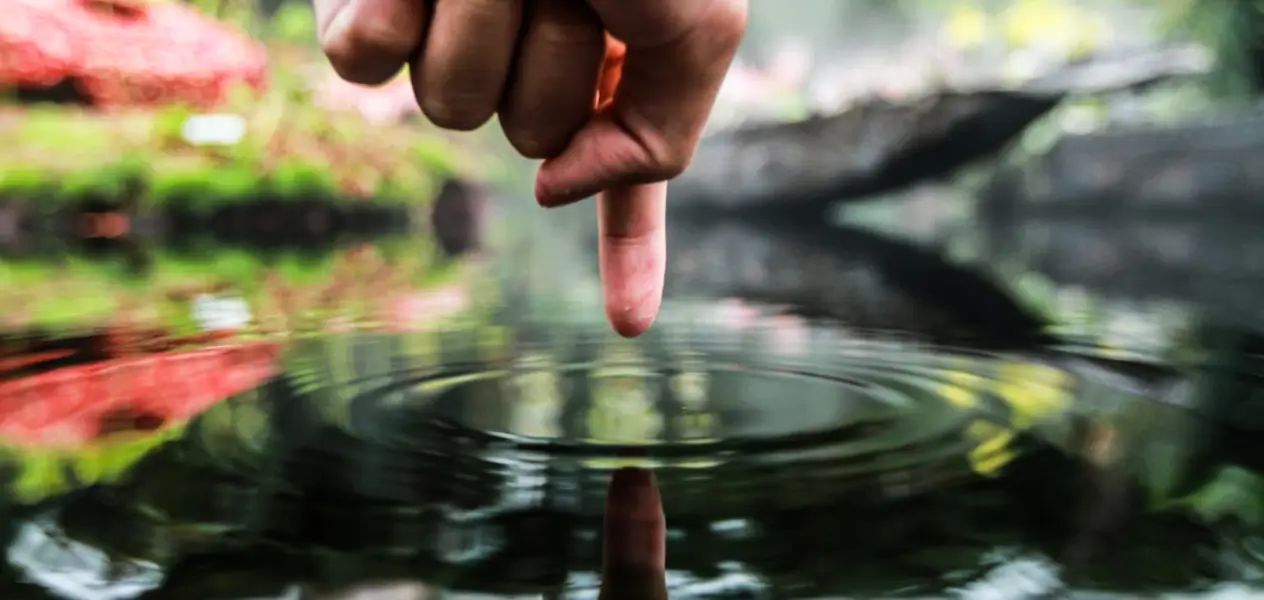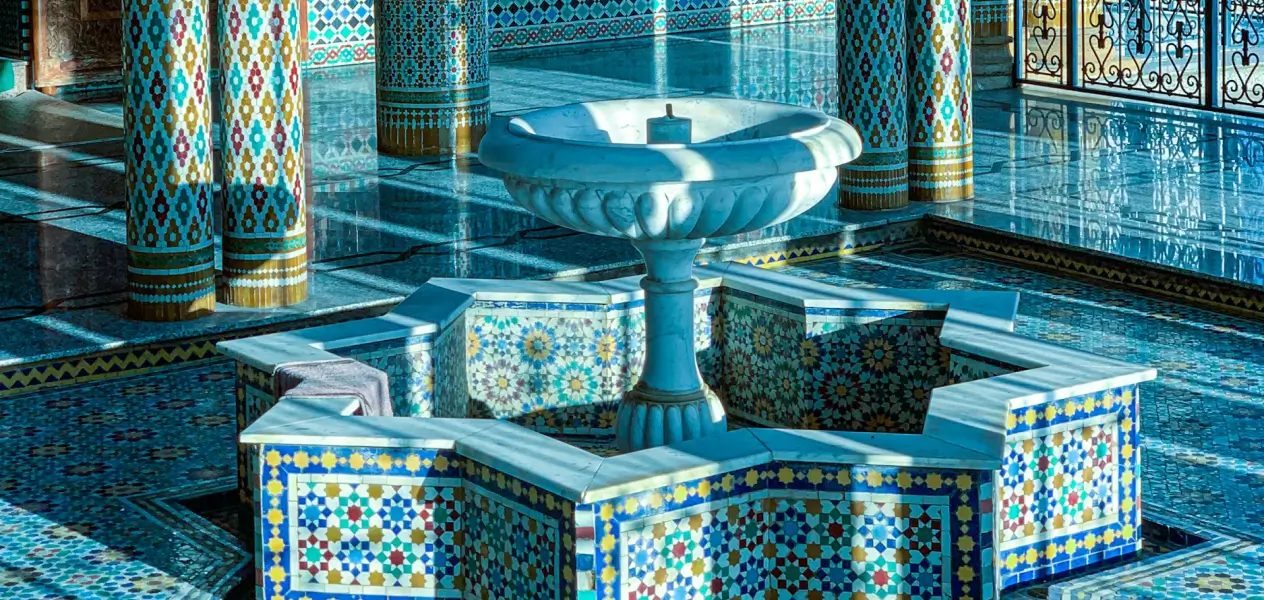Where Intention Meets Impact
The world’s heating up.
The oceans are rising.
And most of us don’t realise that the water running through our taps… is also a test.
Not just of sustainability. But of intention.
So, what does wudu mean in the age of climate breakdown? And more importantly, what does it mean to perfect it?
What Is a Sabil, Really?

The word Sabil appears more than 119 times in the Qur’an, And almost every time, it’s given as a choice.
“We guided him to the Sabil — either grateful or ungrateful.” (Surah Al-Insaan, 76:3)
A sabil isn’t just a path.
It’s a moral crossroad.
A point where you get to decide: indulgence or intention, presence or autopilot, waste or wisdom.
Historically, sabils were more than fountains. See this blog
They were signs. Built at the junction between city and soul, reminding you to choose better.
The Athlete, The Artist, and the Arc of Ihsaan

- The athlete must master the arc around the bend in the 400m to even stand a chance.
- The calligrapher writes the basmala a thousand times until the symmetry feels right.
- A barista brews 20+ steps into a single espresso, chasing the notes of honey, citrus, and clarity.
- The archer doesn’t just pull and release.
They breathe.
They steady the hand.
They align the body, not just for power, but for precision.
Why? Because excellence doesn’t just show up — it’s crafted.
Mastery lives in the margins.
In the 1%. In the invisible extra reps after everyone’s left the training arena.
Now ask yourself:
What if we treated wudu the same way?
- What if washing your hands was your warm-up?
- What if rinsing your face tuned you in like a long-range shot on target?
- What if you practised perfecting wudu the way you’d train for a perfect line, arc, or flavour?
Still Presence: The Essence in Preparation
For athletes, artists, and baritas, preparation is sacred.
So what makes wudu, our preparation for prayer, any less worthy of that same care?
This isn’t about obsessing over perfection.
It’s about being still.
It’s about presence.
It’s about unlocking the essence behind the motions, before you say Allahu Akbar.
Because that presence is a kind of performance, too.
Not for people, but for the One who gave you water, motion, and the moment itself.
O Allah, we praise and glorify You for making us the instrument through which You praise Yourself. Ameen.
The Tools of Ihsaan: What We've Got
We don’t need more water — we need more wisdom in how we use it.
Today, we have:
- Minimal water design - to conserve without compromise.
- Taps shaped by sacred geometry - reminding us of divine balance.
- Materials that reduce flow, not barakah.
- Flow regulators, water timers, and eco-conscious routines.
But still, the most powerful tool is:
Stillness. Niyyah. Presence.
The way your hands hover before the tap.
The breath before the water touches your face.
That’s wudu with ihsaan.
And it’s already in your hands.
What Does a Perfect Wudu Feel Like?
It’s not about getting every drop in the exact place.
It’s about feeling the presence in the preparation.
A perfect wudu feels like:
- Rhythm in motion.
- Stillness in spirit.
- Gratitude with every splash.
- Grounding in your feet.
- A clear mind — awake and aware.
It’s the kind of feeling you chase in art, in sport, in worship.
The kind of flow lets you say: “I’m here, Ya Rabb”.
Wudu Is a Return
Wudu calls us back.
Back to the running track.
Back to the training pitch.
Back to the coffee house.
Back to the calligrapher’s corner.
Back to aim for 1% Better.
This time, we come prepared.
- Prepared with presence.
- With balance.
- With the right choice.
Because the Sabil has always been there. We just have to walk it.
WAWT: A Return to Sacred Efficiency
At Sabil, we believe ritual is worth refining.
That ihsaan isn’t about using more but using what you have with excellence.
Discover tools that honour water, worship, and the planet.
Where form follows faith.
Where design leads to dhikr.
Explore the Wudu Tap at The Sabil Shop.
WAWT
Wudu powered by air, water & tafakur.





